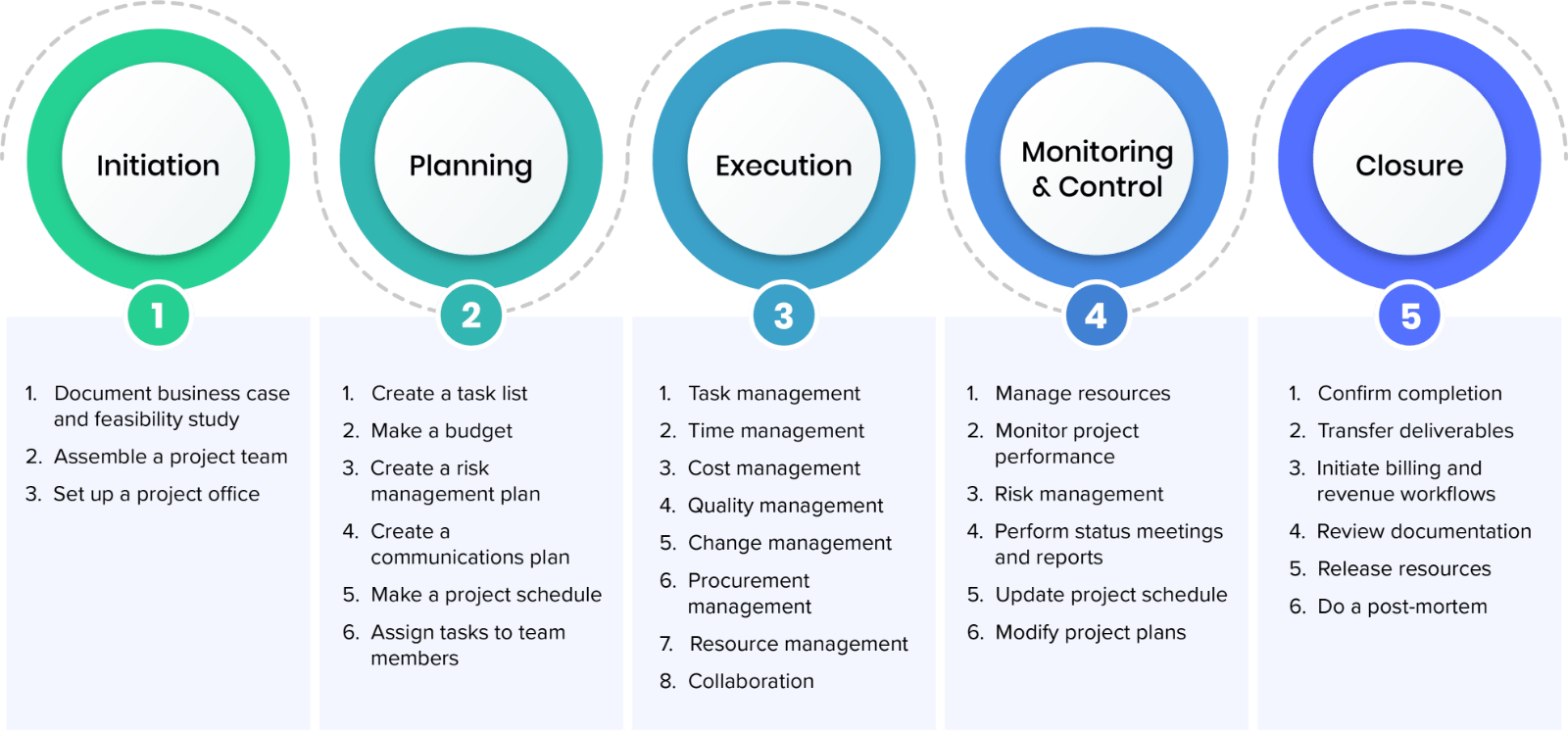
You will be responsible for leading the line manager and special managers in your team as a middle manager. In some companies, middle managers may also be directly or indirectly responsible in part for the productivity and performance of junior staff. You will need to be able communicate well with others and have strong interpersonal skills.
Being a great middle manager
Being a middle manager requires unique skills. Middle management requires the ability to balance the demands of higher and lower-level management. Additionally, it involves managing multiple departments' responsibilities. This requires middle managers to have excellent communication, leadership, problem-solving, and leadership skills.
Management of people is one of the most difficult tasks middle managers have to face. Middle managers have to deal with a myriad of tasks from onboarding new employees to submitting requests for new team tools. Not only does this take time, but it also drains their energy. If they are unable to see the line, they could alienate sections of the company.

Middle managers also have to deal with the challenge of internalizing their team's problems. This can negatively affect their well-being, so it is essential to have someone who is objective and unbiased to help them process their thoughts. The hiring process is vital as it will decide whether a new employee will fit in with the company's culture and team. It will also help you evaluate potential candidates' future skills and impact on the team. Skills assessments and behavioral interviews can give valuable insight into potential performance.
Communication skills
Developing your communication skills as a middle manager is critical to your success. You will interact with employees and senior managers in this role. You will need to be able understand and respond to situations that involve conflict or confrontation. To lead a team effectively, you need to be able communicate effectively with employees and manage their reactions to changes. Your communication skills can be improved as a middle manager to increase your influence and productivity.
Middle managers should have excellent communication skills as they must be able give senior managers accurate reports. Middle managers need to be open for employees to talk about their problems and request help. In many cases, middle managers are responsible to bring projects to completion. They must also ensure that employees understand how important their work is.
Organizational power dynamics
Power dynamics play an important role in the organization of middle manager. The best way to reduce power dynamics is to clearly define roles for individuals. This will keep energy levels under control and help the team concentrate on the ultimate goal. As workplace analyst Laura Handrick points out, a power struggle can lead a team to lose sight of its overall objective.

The unwritten rules of power dynamics govern the way people interact with one another in the workplace. Different people have different motivations when it comes acquiring power. This can affect how they interact. For instance, some people desire to have more power to manage large projects, to have an influence on team operations, and to have their say. Power dynamics puts employees in direct competition.
However, it is important that you recognize that power dynamics can be harmful to an organization's best interests. In the Sears catalog case, for example, the all-powerful employee's preferences might not be in line with the company's best interests. These situations should not be allowed to happen. This is a way to avoid power relationship.
FAQ
What are management concepts?
Management concepts are the fundamental principles and practices that managers use when managing people and their resources. These include topics such as human resource policies and job descriptions, performance assessments, training programs and employee motivation.
What's the difference between leadership & management?
Leadership is about being a leader. Management is about controlling others.
Leaders inspire followers, while managers direct workers.
A leader inspires others to succeed, while a manager helps workers stay on task.
A leader develops people; a manager manages people.
What are the 5 management processes?
The five stages of a business include planning, execution (monitoring), review, evaluation, and review.
Planning means setting goals for the long-term. It includes defining what you want to achieve and how you plan to do it.
Execution is when you actually execute the plans. These plans must be adhered to by everyone.
Monitoring is the process of evaluating your progress toward achieving your objectives. Regular reviews should be done of your performance against targets or budgets.
At the end of every year, reviews take place. These reviews allow you to evaluate whether the year was successful. If not there are changes that can be made to improve the performance next year.
After the annual review, evaluation takes place. It helps to identify what went well and what didn’t. It also provides feedback on the performance of people.
What is the difference of a program and project?
A project is temporary, while a program lasts forever.
A project usually has a specific goal and deadline.
It is often performed by a team of people, who report back on someone else.
A program will usually have a set number of goals and objectives.
It is often implemented by one person.
How do we create a company culture that is productive?
A positive company culture creates a sense of belonging and respect in its people.
It is based on three principles:
-
Everybody has something of value to share
-
People are treated fairly
-
It is possible to have mutual respect between groups and individuals
These values are evident in the way that people act. They will show consideration and courtesy to others.
They will respect other people's opinions.
These people will inspire others to share thoughts and feelings.
Additionally, the company culture encourages open communication as well as collaboration.
People can freely express their opinions without fear or reprisal.
They know that they will not be judged if they make mistakes, as long as the matter is dealt with honestly.
Finally, the company culture promotes honesty and integrity.
Everyone is aware that truth must be told.
Everyone understands there are rules that they must follow.
And no one expects special treatment or favors.
Statistics
- The average salary for financial advisors in 2021 is around $60,000 per year, with the top 10% of the profession making more than $111,000 per year. (wgu.edu)
- Hire the top business lawyers and save up to 60% on legal fees (upcounsel.com)
- Our program is 100% engineered for your success. (online.uc.edu)
- As of 2020, personal bankers or tellers make an average of $32,620 per year, according to the BLS. (wgu.edu)
- Your choice in Step 5 may very likely be the same or similar to the alternative you placed at the top of your list at the end of Step 4. (umassd.edu)
External Links
How To
How can you apply the 5S in the office?
Your first step in making your workplace more efficient and productive is to organize everything. A tidy desk, a clean room and a well-organized workspace will help everyone be more productive. The five S's, Sort, Shine. Sweep. Separate. and Store, work together to make sure that every inch of space can be used efficiently and effectively. This session will go over each of these steps and show how they can be used in any setting.
-
Sort. Get rid of clutter and papers so you don't have to waste time looking for the right item. This means putting things where you use them most often. If you find yourself frequently referring to something, place it near the location where you do your research. You need to think about whether or not you really have to keep it around.
-
Shine. You should get rid of any items that could be harmful or cause injury to others. It is possible to have too many pens around and not be able to safely store them. It might mean investing in a pen holder, which is a great investment because you won't lose pens anymore.
-
Sweep. To prevent dirt buildup on furniture and other items, clean them regularly. To ensure that surfaces are clean and as neat as possible, you might consider investing in dusting equipment. To keep your workstation neat, you can reserve a certain area for dusting or sweeping.
-
Separate. When you are ready to dispose off your trash, it is a good idea to separate it into bins. You can dispose of your garbage easily by placing trash cans strategically around the office. Make sure that you take advantage of this location by placing trash bags next to each bin so that you don't have to dig through piles of trash to find what you need.